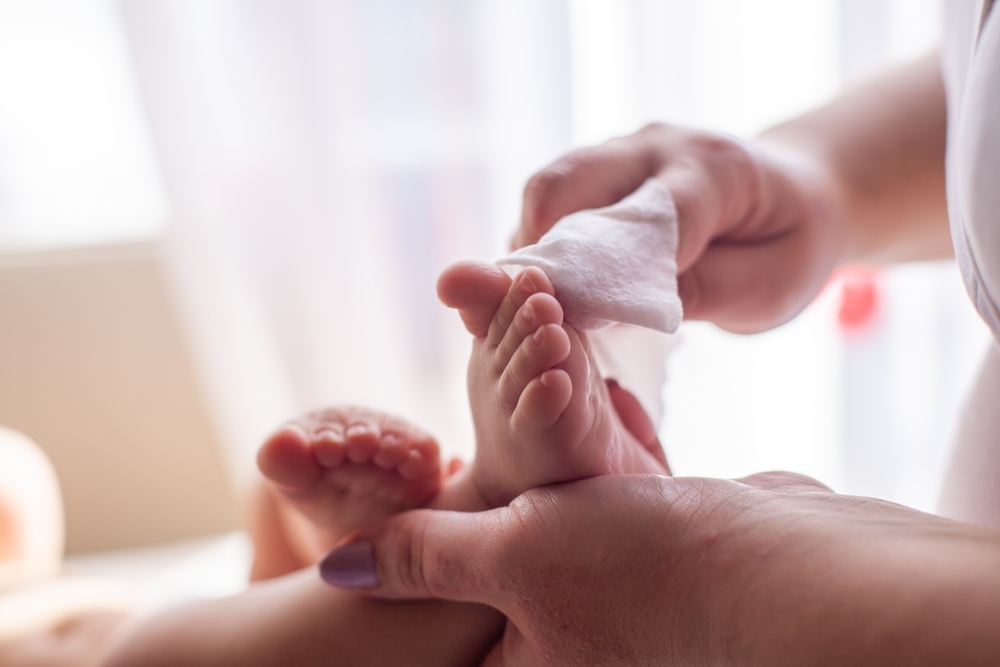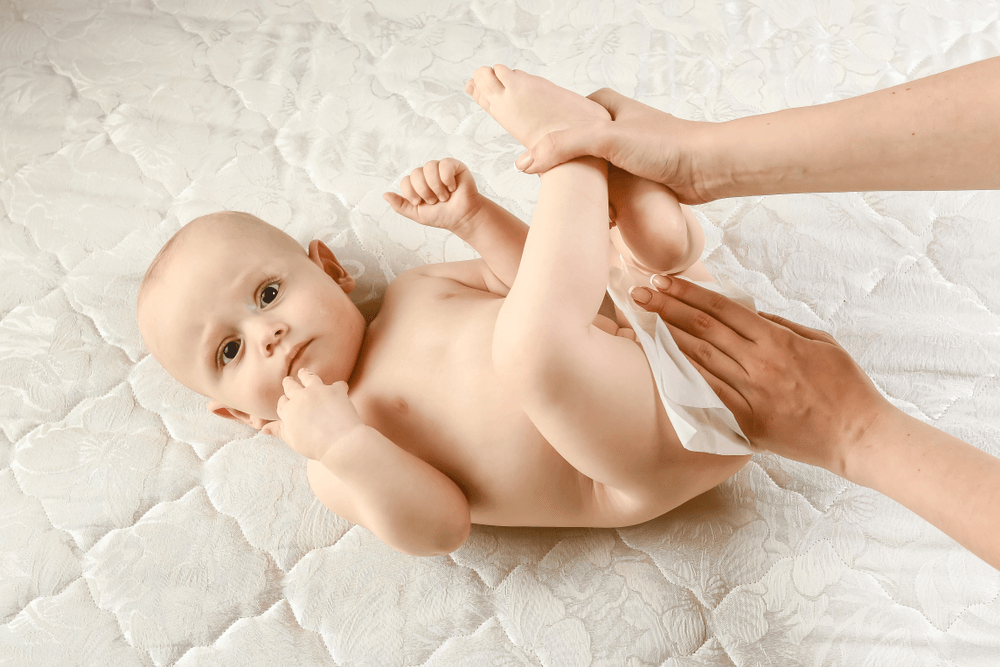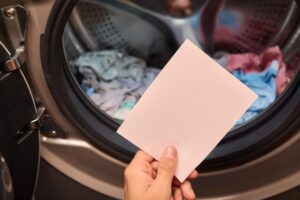When it comes to newborn care, few things are used as frequently—and as intimately—as baby wipes. While they may seem like a minor product, the reality is that choosing the wrong wipe can lead to serious skin problems for your baby. That’s why more parents are switching to natural baby wipes, the safer and more trusted choice for newborns and daily baby hygiene.
1. Introduction: Why Wipes Matter More Than You Think
A newborn’s skin is up to 30% thinner than adult skin, making it far more vulnerable to irritation, chemical absorption, and allergic reactions. Traditional wipes, although convenient, often contain ingredients that can compromise a baby’s natural skin barrier.
Natural baby wipes are specifically formulated to minimize these risks. They’re typically alcohol-free, fragrance-free, and made with plant-based or biodegradable materials—making them safer for both baby skin care and the environment.
2. The Hidden Risks of Conventional Wipes
Despite being marketed for babies, many conventional wipes contain harsh ingredients such as:
- Alcohol (ethanol or isopropyl), which dries out the skin and increases sensitivity
- Parabens and phenoxyethanol, known endocrine disruptors
- Fragrance and preservatives, common allergens that can lead to contact dermatitis
- Formaldehyde-releasing agents like DMDM hydantoin
According to a 2021 study by the NIH, infants exposed to these compounds are more likely to develop early-stage eczema or delayed skin barrier development.
These issues are especially problematic when parents rely on low-cost wipes instead of proven natural baby wipes designed for sensitive skin.
3. What Ingredients Should (and Shouldn’t) Be in a Baby Wipe?
Knowing what’s inside your wipes is the first step toward smarter parenting. Let’s break it down:
✅ Safe Ingredients to Look For:
- Purified water (99% or more) – acts as a neutral, hydrating base
- Aloe vera and chamomile extract – soothe and calm irritated skin
- Coconut oil or olive oil derivatives – natural moisturizers
- Cotton or bamboo fibers – soft, biodegradable, and non-abrasive
❌ Ingredients to Avoid:
- Alcohols, including benzyl alcohol
- Artificial fragrances and dyes
- Parabens, PEGs, and sulfates
- Non-biodegradable plastics, which are harsh on skin and environment
Choosing alcohol-free wipes is especially important for babies prone to diaper rashes or allergies. You’ll also want wipes labeled dermatologist-tested, hypoallergenic, or safe for newborns to further reduce risk.sk of dryness and allergic reactions — especially on sensitive areas like the face or diaper zone.
Choosing natural baby wipes with these ingredients will significantly reduce the risk of diaper rash and allergic reactions.

4. Top Natural Baby Wipe Brands in 2025
Many leading brands have innovated their formulations to align with growing demand for clean and green baby care. Here are our top picks:
| Brand | Standout Features | Recommended For |
|---|---|---|
| WaterWipes | 99.9% water + fruit extract | Premature babies & newborns |
| The Honest Company | Hypoallergenic, eco-certified | Daily use on sensitive skin |
| Bambo Nature | Compostable, FSC-certified bamboo | Eco-conscious families |
| Babyganics | Infused with chamomile & green tea | Calming formula for irritated skin |
Each of these brands prioritizes natural baby wipes that support long-term baby skin care without harsh additives. For a more detailed breakdown, check out our 2025 Guide to Gentle Skincare for Newborns.
5. Best Practices: How to Use and Store Baby Wipes Properly
Even the best wipes can cause problems if not used or stored correctly. Here are a few best practices to maximize hygiene and safety:
- Seal the pack after each use to avoid contamination
- Store at room temperature, away from sunlight
- Never flush wipes, even if labeled as flushable
- Avoid cross-use between face and diaper areas
- Do a patch test when switching to a new brand
If irritation or rash appears, discontinue use and consult a pediatrician. It’s worth noting that pediatricians often recommend natural options as first-line care, particularly for babies with eczema or frequent rashes.
6. Final Thoughts from Pediatric Experts
“Choosing natural wipes isn’t just about being trendy. It’s a clinically informed decision to protect your baby’s developing skin and immunity.”
– Dr. Julie Grant, Board-Certified Pediatric Dermatologist
Natural baby wipes offer a low-risk, high-reward approach to daily hygiene—especially for babies who require frequent cleaning throughout the day.
By selecting natural baby wipes that are safe for newborns and free of harsh chemicals, you’re not just cleaning your child’s skin. You’re actively safeguarding their long-term skin health and comfort.
🧪 Bonus Tip: Make Your Own Natural Wipes at Home
If you prefer full ingredient control, DIY baby wipes are a great option:
Ingredients:
- 1 cup boiled distilled water (cooled)
- 1 tbsp organic coconut oil
- 1 tbsp aloe vera gel
- 5 drops chamomile essential oil
- Soft organic cotton cloths
Mix in a clean jar and soak cloths as needed. Store in the refrigerator and use within 5 days.
For more homemade baby care solutions, explore our Natural Remedies for Moms & Babies.
🎁 Bonus Section: DIY Natural Wipe Solution
Want to make your own? Here’s a simple homemade formula:
Ingredients:
- 1 cup distilled water
- 1 tbsp organic coconut oil
- 1 tbsp aloe vera gel
- 1 drop lavender oil (optional)
Mix and store in a glass spray bottle. Use with organic cotton pads or cloth wipes. Great for babies with extra-sensitive skin!




